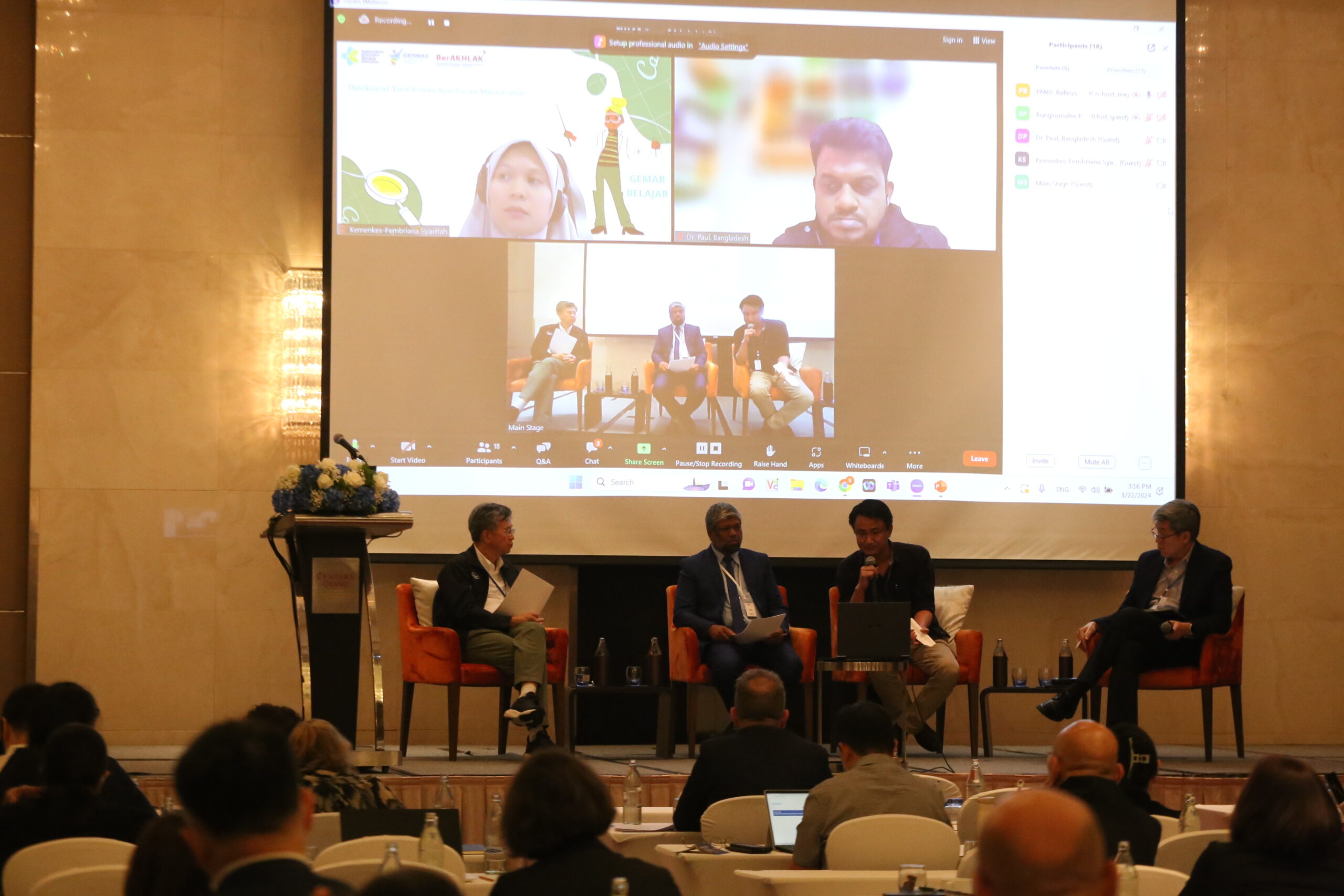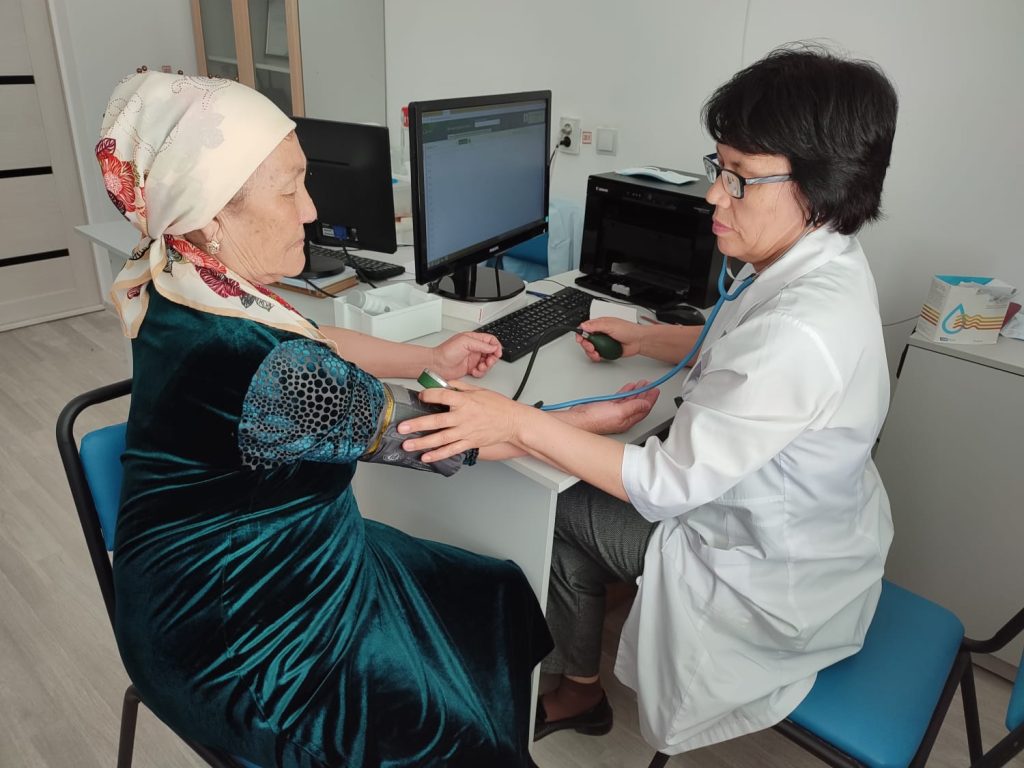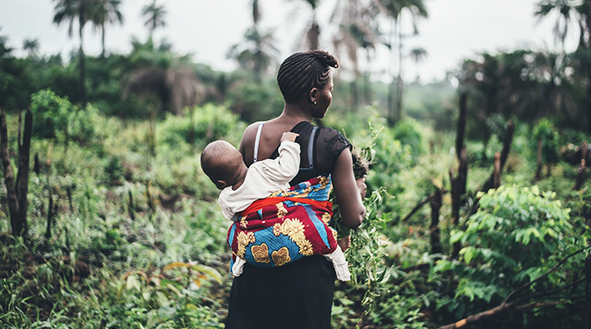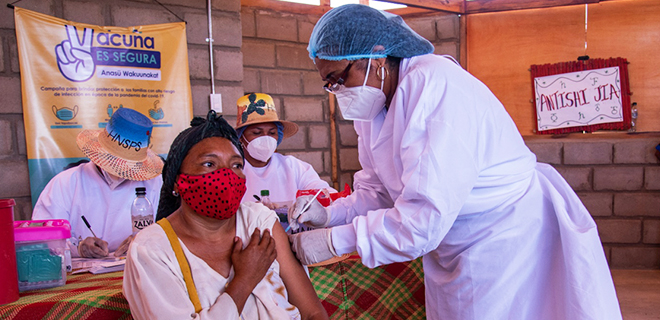L'objectif global de la stratégie CSU est d'améliorer l'accessibilité financière à des soins et services de santé de qualité par le biais d'un certain nombre de mécanismes de protection contre le risque de maladie. Pour atteindre son objectif général, la stratégie...
National health financing strategy for Niger-2023
The national health financing strategy aims to make Niger a nation where the entire population, without socio-economic distinction, has equitable access to quality health and social services, based on sustainable financing that respects the principles of equity and...
Policy Brief: Mobilizing resources for NCD prevention in Senegal
In Senegal, 61% of deaths from non-communicable diseases will occur prematurely between the ages of 30 and 69 in 2019. The management of NCDs is included in the National Health and Social Development Plan 2019-2028 and in the National Health Financing Strategy to move...
Policy brief: more money for better health in Senegal
By deploying primary healthcare interventions in low- and middle-income countries, 60 million lives could be saved and average life expectancy increased by 3.7 years by 2030. Since its adoption, Senegal has made it a pillar of its health policy.

PMAC side meeting – financing of primary health care in Southeast Asia Region
On 22 January 2024, PMAC side meeting – financing of primary health care in Southeast Asia Region was held in Bangkok, Thailand. This event was co-organized by WHO South-East Asia Region, Chulalongkorn University, and Mahidol University. In this side meeting, P4H...

Health Insurance Fund reported how much it spent on rural healthcare in 2023
Rural health care was one of Ministry of Healthcare’s priorities in 2023 in Kazakhstan. The Social Health Insurance Fund summarized its spending in 2023 and reported that 600 billion tenge, or 24% of its overall budget of 2.5 trillion tenge for health services covered...
Health accounts Senegal 2017-2021
Mandatory Social Health Insurance Fund reported on primary health care service volumes in 2023
Mandatory Health Insurance Fund of Kyrgyzstan reported on the volume of primary health care services provided and reimbursed last year. In 2023, 7 030 984 citizens of the Kyrgyz Republic sought medical care in primary health care organizations. These organizations...
The Primary Health Care System in Fiji: A Primary Health Care Performance Initiative Assessment
This report summarizes the results of the Vital Signs Profile (VSP) assessment of Fiji’s primary health care system, conducted by the World Bank, PHCPI, and Fiji's Ministry of Health. Using the PHCPI framework, the VSP highlights both strengths and challenges in...
The value of partnerships for Advancing Universal Health Coverage
Over half the global population lacks essential health coverage, leading to financial hardships for 2 billion people. Advance UHC, spearheaded by Australia and the World Bank, aims to tackle this issue by building robust health systems, prioritising primary care, and...
United Kingdom: Reimagining Prevention for a Healthier, More Prosperous Society
This report highlights the significance of prevention as a cost-effective and often cost-saving investment for public sector resources in the United Kingdom. Prevention, covering primary, secondary, and tertiary measures, can help to reduce ill health, improve...

Gender blindness in social health protection could deter Africa’s progress towards universal health coverage
In recent years social protection has gained increased recognition as a powerful tool for poverty alleviation and vulnerability reduction. The International Labour Organization acknowledges its significance, and it's explicitly incorporated into the United Nations...

Update on P4H Network collaboration on the Mexican Health System Transformation
As reported in the September 2022 governance newsletter, the P4H Network began a collaboration with the Pan American Health Organization (PAHO) office in Mexico, looking at the political economy of the ongoing Mexican health system transformation. At that time, terms...

Workshop: Epidemics and Pandemic Prevention Preparedness and Response
The workshop, Epidemics and Pandemic Prevention Preparedness and Response: How to Maximize the Health Impact of Social Protection Systems, preceded the P4H-TEG meeting, on October 4 and 5. It was a collaboration jointly held by ILO and WHO and showcased a further...
History of primary health care in Iran
Iran’s primary health care system has evolved since the early 1980s into a model of equitable and community-based health service delivery. Rooted in the principles of the 1978 Alma-Ata Declaration, the system established a nationwide network of rural and urban health...
